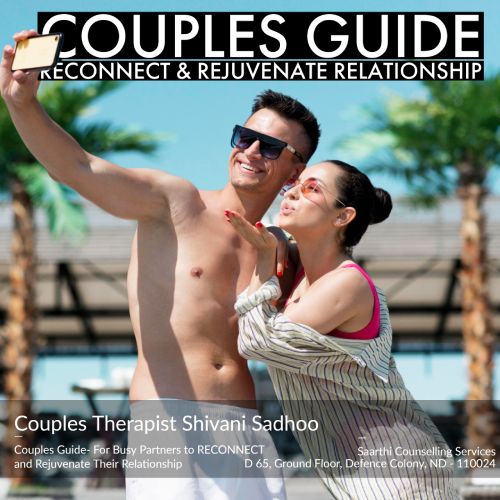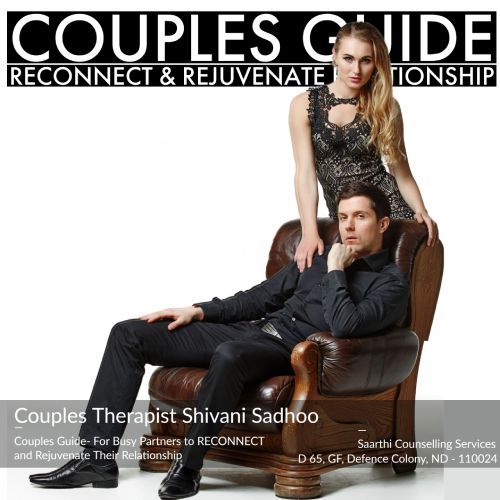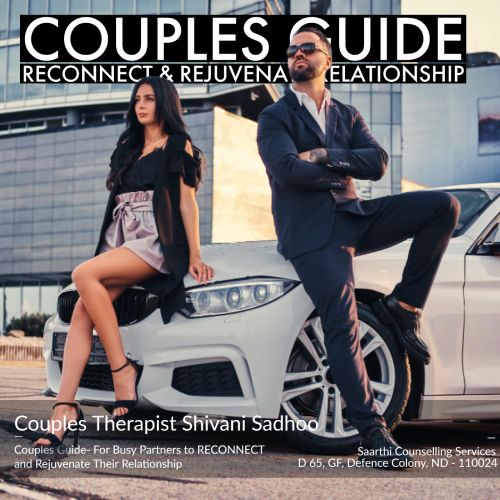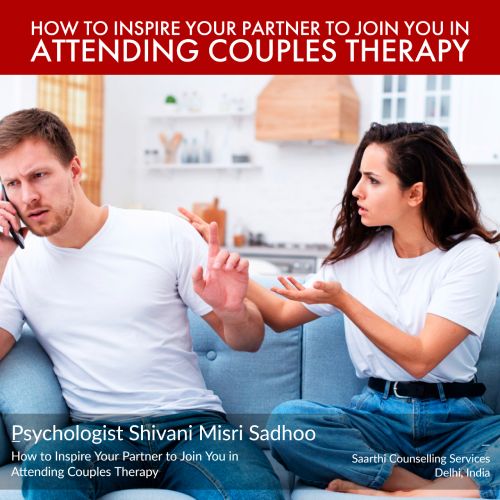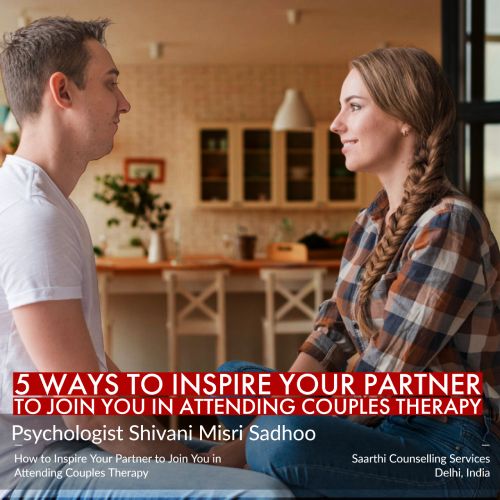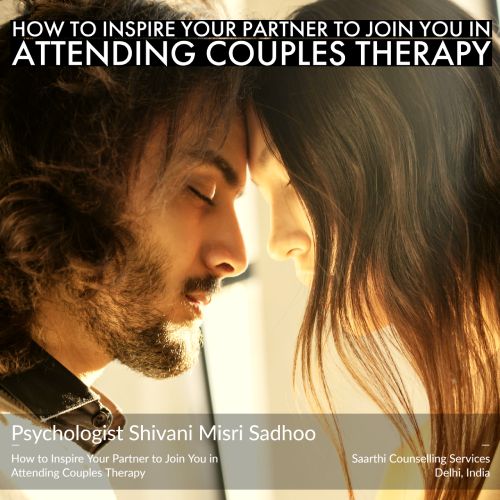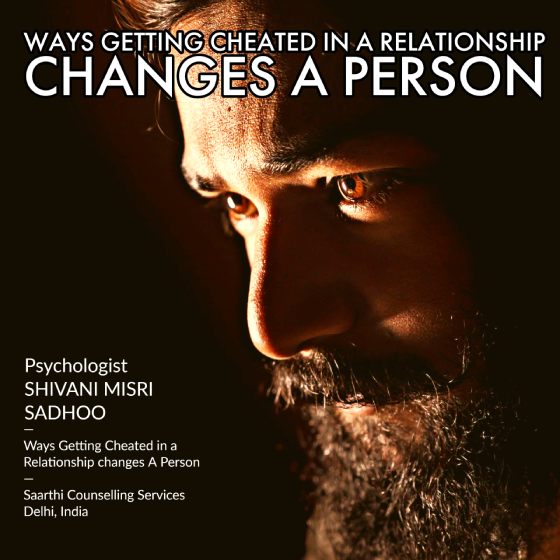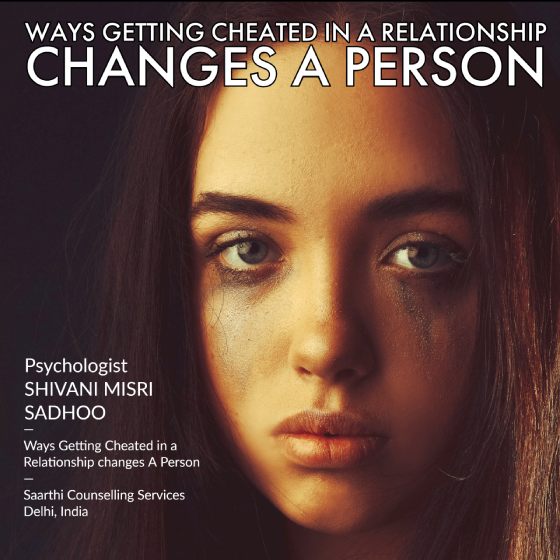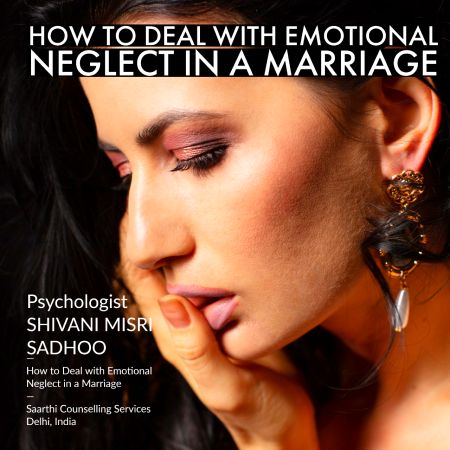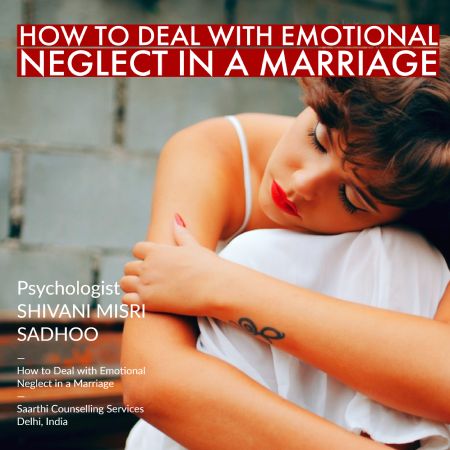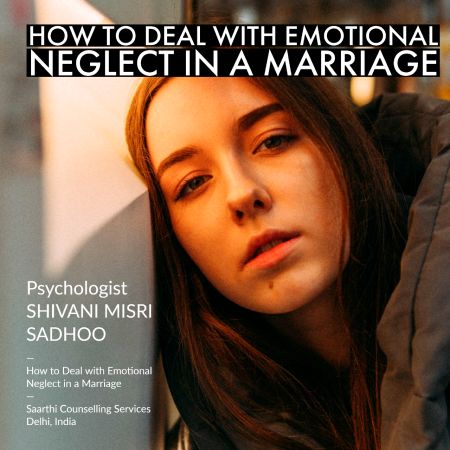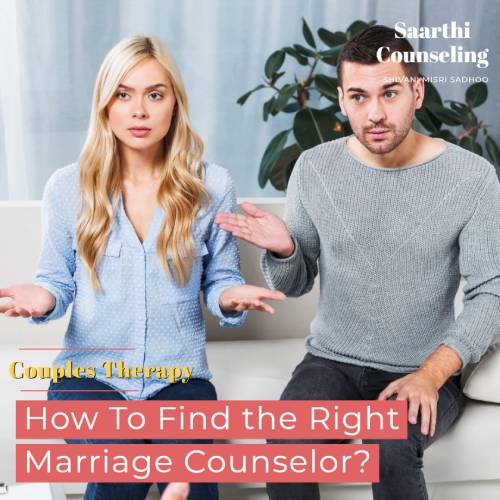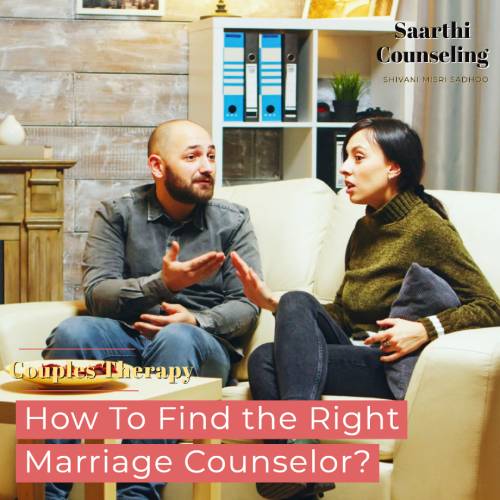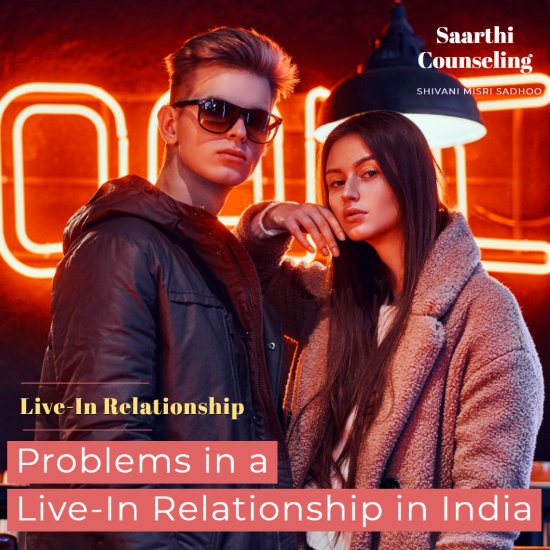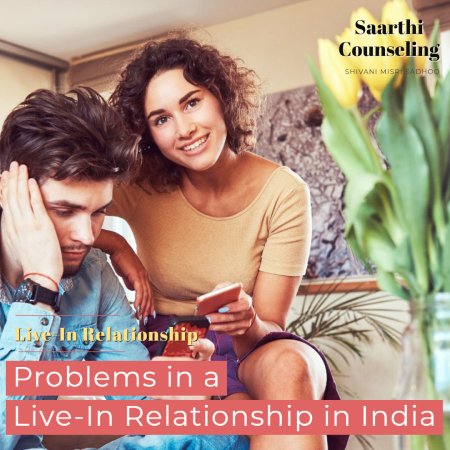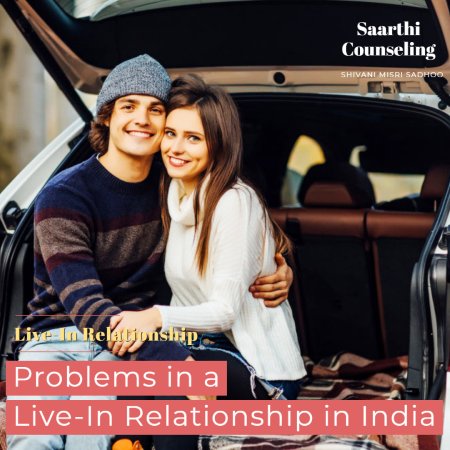In the hustle and bustle of our fast-paced lives, it’s all too easy for the flames of romance to flicker and fade. The demands of work, family, and personal commitments often leave little time and energy for nurturing our relationships. However, building a healthy and vibrant connection with your partner is crucial for both your individual well-being and the longevity of your relationship.
So, if you find yourself in a situation where your partner’s busyness has caused a strain, fear not! In this article, we will explore creative and effective ways to reconnect and rejuvenate your relationship with your busy partner. India’s eminent marriage counselor, Shivani Misri Sadhoo is here to guide you.
1. Open Communication:
The foundation of any successful relationship lies in open and honest communication. Set aside dedicated time each day to engage in meaningful conversations with your partner. Create an atmosphere of trust where both of you can openly express your thoughts, concerns, and dreams. Effective communication builds understanding and empathy, fostering a deeper connection between partners.
2. Quality over Quantity:
While it may be challenging to find large blocks of time together, focus on the quality of the time you do have. Plan activities or outings that both partners enjoy and that allow for meaningful connection. It could be as simple as a romantic dinner at home, a walk in the park, or a weekend getaway. By maximizing the quality of your time spent together, you can create cherished memories and rekindle the spark in your relationship.
3. Surprise Gestures:
Small, thoughtful gestures can go a long way in rekindling the spark in your relationship. Surprise your partner with their favorite meal, leave a heartfelt note in their briefcase or purse, or plan a surprise outing that aligns with their interests. These simple acts demonstrate your love and appreciation, creating moments of delight and reinforcing the emotional bond between you. Use technology for good. Sending text messages to your partner is a wonderful way to maintain a connection, share small moments, and show you care.
4. Support and Understanding:
Acknowledge and validate the challenges your partner faces due to their busy schedule. Show genuine interest in their work and offer support whenever possible. By demonstrating understanding and empathy, you build a strong foundation of trust and solidarity. Your partner will feel valued and cherished, fostering a sense of belonging within the relationship.
5. Shared Hobbies and Interests:
Finding common ground and engaging in shared hobbies can infuse new energy into your relationship. Discover activities that you both enjoy and make time for them regularly. Whether it’s cooking, dancing, hiking, or painting, the shared experiences will create lasting memories and deepen your bond.
6. Save the date:
Intentionally carve out time in both of your calendars for regular date nights. This dedicated time allows you to focus solely on each other, away from the distractions of work and daily responsibilities. Whether it’s a candlelit dinner, a movie night, or a cozy evening, make it a habit to schedule these dates to strengthen the bond and keep the romance alive.
7. Tender Touch:
Physical intimacy is an integral part of any romantic relationship. Find moments to express affection, even amidst busy schedules. A warm hug, a gentle touch, or a passionate kiss can communicate love and desire. Prioritize intimacy and make it a regular part of your routine, reigniting the passion and desire within your relationship.
So, take the first step today, and embark on a path toward reconnecting and rejuvenating your relationship with your busy partner. Together, you can create a love that withstands the tests of time and nourishes your soul for a lifetime.
